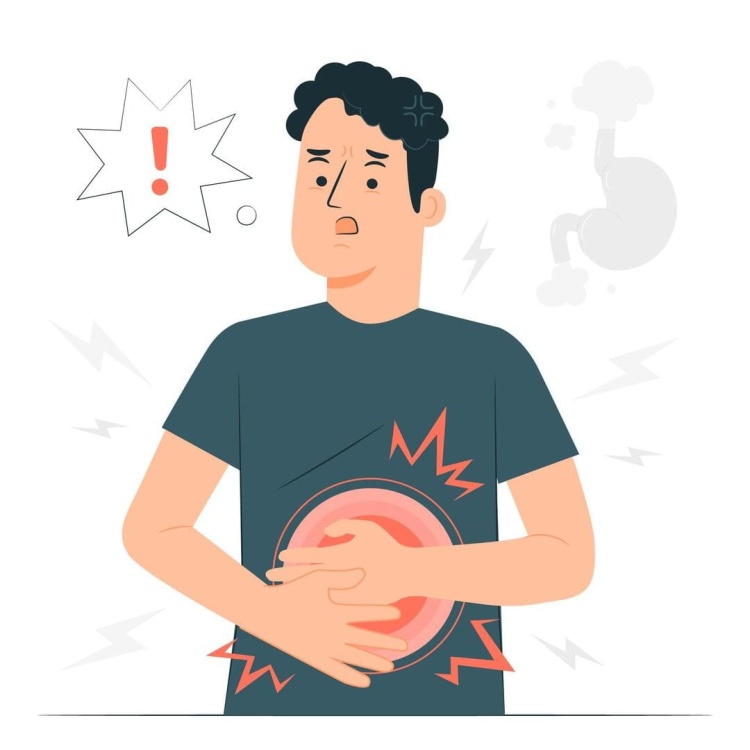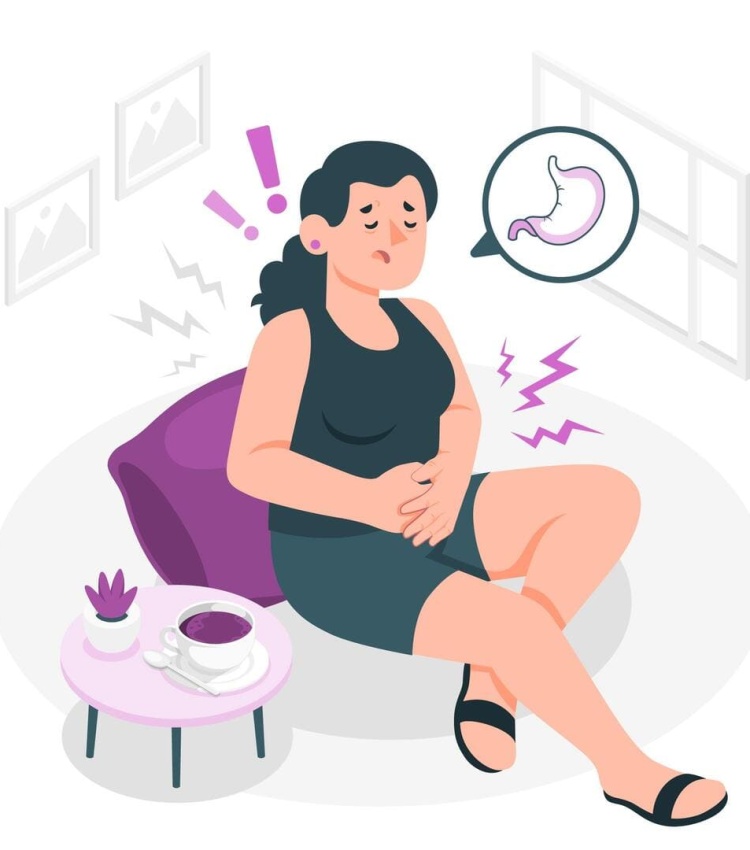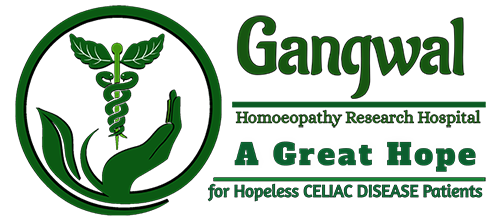Crohn’s Disease Treatment
Crohn’s disease is a chronic inflammatory bowel disease (IBD) that can affect any part of the digestive tract, from the mouth to the anus. The treatment of Crohn’s disease aims to control inflammation, manage symptoms, achieve and maintain remission, and improve the individual’s quality of life. The treatment plan for Crohn’s disease is tailored to the individual’s specific condition and may include medications, lifestyle changes, and, in some cases, surgery.
Here are some common treatments for Crohn’s disease:

Medications:
- Aminosalicylates: These drugs, such as mesalamine or sulfasalazine, are often used for mild inflammation in the colon and are especially effective in treating Crohn’s disease affecting the colon (known as colitis).
- Corticosteroids: Steroids like prednisone or budesonide may be prescribed to reduce inflammation during flare-ups. However, they are generally used for short-term management due to potential side effects.
- Immunomodulators: Medications like azathioprine, mercaptopurine, or methotrexate may be used to suppress the immune system and help control inflammation.
- Biologic Therapies: Biologics, such as infliximab, adalimumab, vedolizumab, or ustekinumab, target specific molecules involved in the inflammatory process and are often used for moderate to severe Crohn’s disease.
- Janus Kinase (JAK) Inhibitors: JAK inhibitors like tofacitinib have been approved for the treatment of moderate to severe Crohn’s disease in some cases.
Lifestyle Modifications:
Dietary changes: Some individuals with Crohn’s disease may benefit from dietary adjustments, such as avoiding trigger foods or following a low-residue diet during flare-ups.
Staying hydrated: Drinking plenty of fluids can help prevent dehydration, which is common during active Crohn’s disease.
Avoiding stress: Stress and anxiety can worsen Crohn’s disease symptoms, so stress management techniques like meditation or counseling may be beneficial.
Supportive Therapies:
Probiotics: Probiotics may help promote gut health and reduce inflammation in some individuals with Crohn’s disease. However, their effectiveness can vary, so it’s essential to discuss their use with a healthcare provider.
Pain relief: Over-the-counter pain relievers like acetaminophen may be used for mild pain. However, non-steroidal anti-inflammatory drugs (NSAIDs) like ibuprofen should be avoided, as they can exacerbate Crohn’s disease symptoms.

Surgery:
In cases of severe or refractory Crohn’s disease, when medical therapy is ineffective or complications arise, surgical intervention may be necessary. Procedures like bowel resection or stricturoplasty may be performed to improve symptoms and enhance quality of life.
However, surgery does not cure Crohn’s disease and may not be suitable for everyone.
Individuals with Crohn’s disease should work closely with a gastroenterologist or IBD specialist to develop a personalized treatment plan. Regular follow-up visits are crucial to monitor disease activity, assess the effectiveness of the treatment, and make any necessary adjustments. With appropriate management, many people with Crohn’s disease can achieve remission and lead productive lives, also in homoeopathy the problem can be cured.









